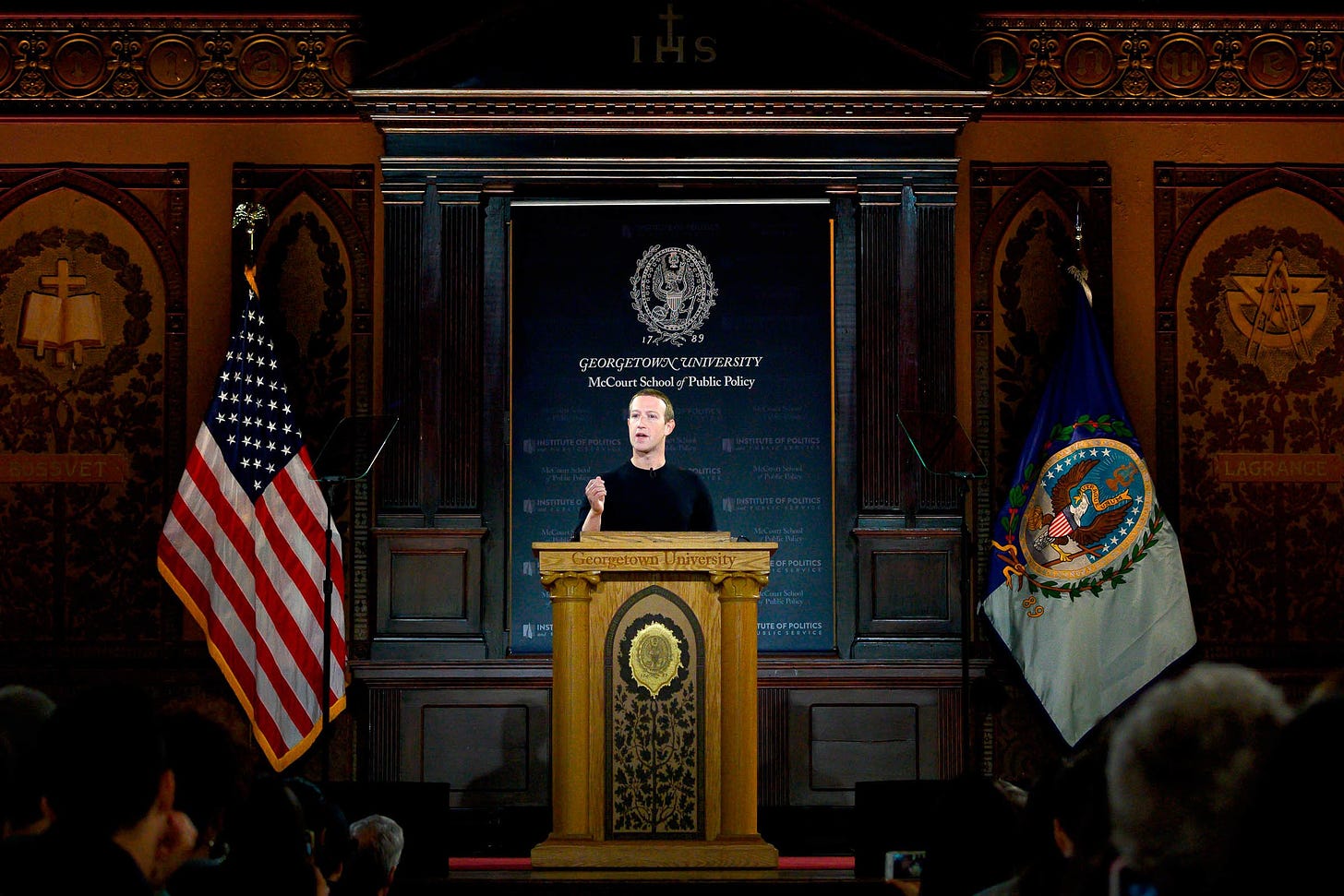I noticed something unusual this week that made me reconsider my own unconscious biases. To properly explain, we need to go back a few years:
In the summer of 2014, I lived in Spain during a study abroad program. Apart from the expected cultural and language barriers, there was one factor in particular that affected my day to day routine: the lack of dedicated gyms.
This may seem like a small change, especially considering that I barely spoke Spanish and had moved from an entirely different climate and population density. Yet the one thing that I seemed to miss more than anything else was having an accessible fitness studio. Exercising has been part of my daily routine for over a decade, and suddenly having to forgo this was causing me difficulty in adjusting. I am a creature of habit, and this was one habit that ran deep. I resigned myself to a summer without the familiar rhythm of a consistent training routine and tried to forget about it.
Several weeks into the program I stumbled across a small, family owned gym. The equipment was old and the hours were odd. I signed up for a membership on the spot. The next day, I happily packed my bag and set off towards my new gym.
Anyone that has tried to stick to a strength training program will have mixed feelings about something called “leg day.” As the name suggests, leg day is a dedicated session devoted to exercising just the lower half of your body. It’s a love-hate relationship, with conflicting feelings usually starting the following day. Delayed onset muscle soreness (D.O.M.S. for short) is a common side-effect of strenuous exercise that makes everyday tasks seem daunting. Stairs become a chore and standing up is usually accompanied by a groan. Afterwards, it’s hard to remember why spending two hours inflicting pain on yourself sounded like a good idea.
Nonetheless, my excitement to get back into a routine overcame any trepidation I may have felt. I loaded the bar to start the day with squats, using an open rack that I found in the cramped space. The first few repetitions felt lighter than expected, so I worked my way up, progressively adding weight to each side. At this point, most of the oxygen that I normally use for thinking had likely been redirected to my legs. I finished my set and set about to strip the weight off the bar.
If I had been thinking clearly, I would have noticed two things: 1) the squat rack was much narrower than the equipment that I was used to in America, and 2) the bar was 10-15 pounds lighter than a standard barbell.
Independently, these factors would not have meant much. Together, they created a situation where a very fundamental assumption was no longer valid. Simply: taking the weight off of one side of the barbell would not cause it to swing violently as the center of gravity shifted.
As I removed the weight from the bar, things happened quickly. The narrow rack and light bar acted like a see-saw, swinging the now empty bar upwards towards my chin. Somehow, I narrowly avoided the impact as the bar continued its trajectory and crashed into the floor and surrounding equipment. This experience was jarring and has stayed with me ever since.
For years, even in gyms with standard equipment, I was unable to remove the weight from the bar without taking the time to walk back and forth to distribute the load evenly. A few months ago, I decided enough was enough. I was going to prove to myself that it was safe to unload a barbell, even at weights far above my normal routine.

Above, you’ll find the result of an afternoon in the gym where I tested my hypothesis (and received many strange looks in the process). Even after loading 2-3x my highest weight onto the bar with no counterbalance, I couldn’t reproduce the event that had happened to me years prior. Consciously, I forced myself to unload one side of the bar, cringing as I waited for a crash that wasn’t going to come.
As far I was concerned, that was that. I had proven to myself, both empirically and with half-remembered formulas from my statics classes, that the experience in Madrid had been a rare circumstance. It was unlikely to happen again. I was free to move on and get over the time consuming act of unloading one side at a time.
If you were reading a self-help book, this is where the story would end. Unfortunately, our brains aren’t wired that way.
Today, unless I consciously force myself to act otherwise, I am overly cautious about removing weights. I caught myself in the act during my workout this morning, walking back and forth, knowing there was no founding to my fear. This experience seems mundane, but it is indicative of how traumatic events strongly shape our behaviors. No amount of math or rational explanation can unwire the split-second where I was sure I was going to lose some teeth.
In my case, this is a relatively harmless tic. It adds a few minutes to my workout and probably irritates my gym partner. But it is a reminder that emotion is one of the strongest factors in shaping our behavior. Anxiety is a powerful driver, especially when shaped by trauma.
This example is simple, but it’s useful to put things in perspective for me. An afternoon and some scribbles in a notebook is not enough to undo a response that is imprinted onto my brain. If such a small experience has remained with me until today, then what other traumas, either real or perceived, are shaping my actions?
It’s both reassuring and somewhat daunting to know just how irrational I am. Identifying these behaviors is the easy part. Undoing the learned response is a longer process that takes conscious effort. Like the barbell, there are things in life that I am reluctant to unload, for fear of what might swing back at me.
🗓 Sunday Specialist
Beginning in November, I’m going to be trying something new. Each month, I’ll choose a field that I’m interested in and focus my attention on learning the fundamentals. A month is enough time to learn where the edges are without getting lost in the details. By doing this, I hope to improve my understanding of the world and how different groups approach problems. I believe that the value in learning is not from memorizing facts, but gaining unique perspective and frameworks with which I can apply to situations.
I’ll be announcing my first topic next week. It’s something that I’ve wanted to dive into for a while, but haven’t had the chance.
In the meantime, I have a request. If you enjoy Sunday Scaries, consider sharing it with a friend. Writing for an audience keeps me accountable, and I’d love to give you and your friends a continued source of content.
You can share the publication below 👇
📚 Reading
Being a CIA officer means spending a lot of time in restaurants.
"He gives one [gift card] to each of his assets and tells them, 'If you need to see me, buy a coffee.' Then he checks the card numbers on a cybercafé computer each day, and if the balance on one is depleted, he knows he's got a meeting. Saves him having to drive past a whole slew of different physical signal sites each day [to check for chalk marks and lowered window blinds]. And the card numbers aren't tied to identities, so the whole thing is pretty secure."
Okay, I’ve got to admit, this is just freaking cool. From now on, I am renouncing email. If you want to meet with me you need to communicate through an extremely obscure and roundabout way. All calendar invites will be scheduled through a shared Verizon account that doesn’t have international texting. I will monitor for charges to the account and meet you at an Applebees.
The Libra Association elected a board of directors, with representatives from five of the twenty-one council members.
The inaugural meeting was held in Geneva Switzerland (the Libra Association is registered as a Swiss non-profit) to kick-off the project following the formalization of membership. After losing several high-profile payment companies in recent weeks, Libra is now entering the long and complex process of establishing a robust governance process that will oversee the eventual development into a decentralized system. Having experienced this process myself through involvement with a blockchain consortium within the healthcare industry, I am looking forward to seeing how the diverse organizations involved with the project manage to align incentives towards a common goal.
Commercial drone deliveries have started in the US.
Alphabet (Google parent co), has spun out an independent unit called “Wing” to delivery medication from pharmacies to consumers. Drones are an excellent and cost-effective approach to delivery. Issues with range and sound have prevented wide-scale adoption to date. Our airspace will look very different in a few years — anyone interested in building an automated control system for the FAA would do well to start now.
Ben Horowitz on facing fear as a CEO.
To this day, every time I feel fear, I run straight at it, and the scarier it is, the faster I run.
Can’t recommend Ben’s writing enough. His book The Hard Thing About Hard Things is a great blend of life and management advice.
A inside look at the strategy of Hillary Clinton’s 2008 presidential campaign.
A fair amount of the strategy is devoted to making the candidate seem “likeable.” PG talks about Charisma as a key factor for presidential candidates; we don’t elect the best person for the job, we elect the person that has the better television presence.
📺 Videos

Mark Zuckerberg addressed his thoughts on free speech in a self-broadcast speech this week.
Throughout the speech, which focused on the historical context of free speech, Mark weaved the story of Facebook into a broader narrative as a new forum for citizens.
Generally, I agree with the message, although I have an issue with how the motivation for the social networking site was portrayed. From the transcript:
When I was in college, our country had just gone to war in Iraq. The mood on campus was disbelief. It felt like we were acting without hearing a lot of important perspectives. The toll on soldiers, families and our national psyche was severe, and most of us felt powerless to stop it. I remember feeling that if more people had a voice to share their experiences, maybe things would have gone differently. Those early years shaped my belief that giving everyone a voice empowers the powerless and pushes society to be better over time.
Back then, I was building an early version of Facebook for my community, and I got to see my beliefs play out at smaller scale.
In hindsight, sure, it seems possible that Facebook was a way to give “people […] a voice to share their experiences.” This may be true, but it was not the reason that Facebook was created.
Aside from this bit of rose-colored reflection, the idea of social media as a “fifth estate” is interesting. Social media is mostly a neutral tool; independent from the institutions of religion, government, and press, but able to amplify voices from each without discrimination. Today, we’re seeing the outcomes of that amplification and realizing that not everyone likes to hear an opposing point of view. We are fine with the idea of censoring “someone else”, but we don’t want our own freedom of speech taken away.
💎 Quote
“Until you make the unconscious conscious, it will direct your life and you will call it fate.”
C.G. Jung
💡 Have an idea for a future topic? Send me an email at newsletter@philmohun.com
⬇️ Follow me on Twitter and Medium.
👇 Not a subscriber yet?



